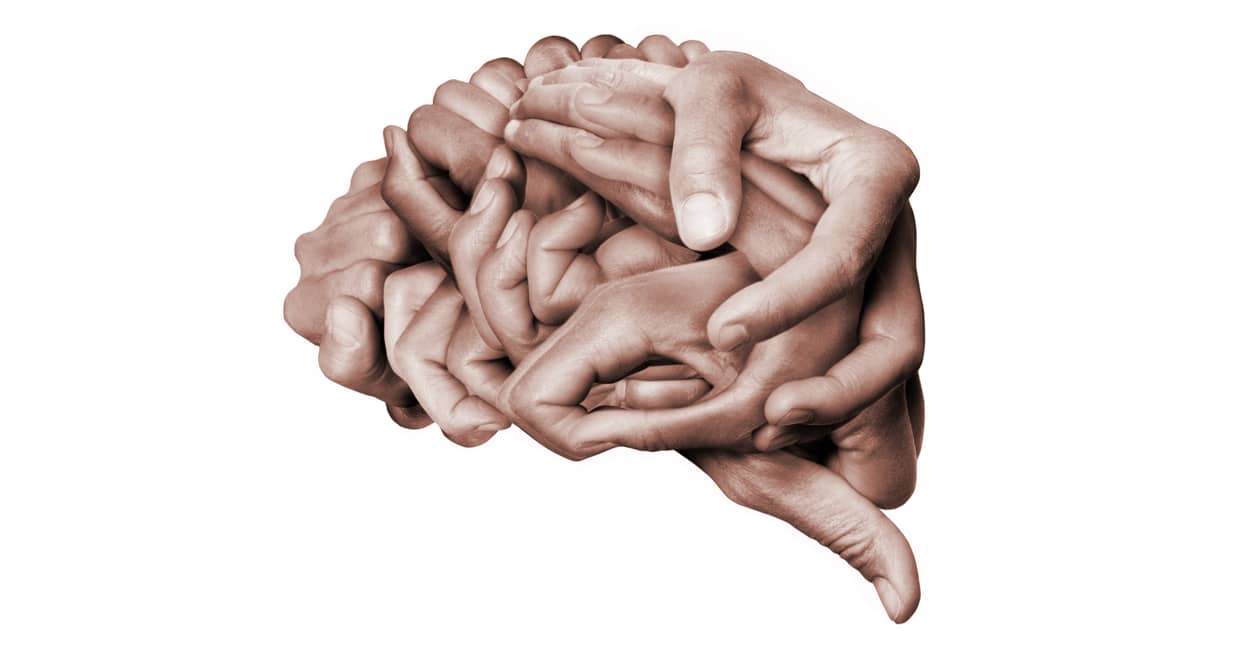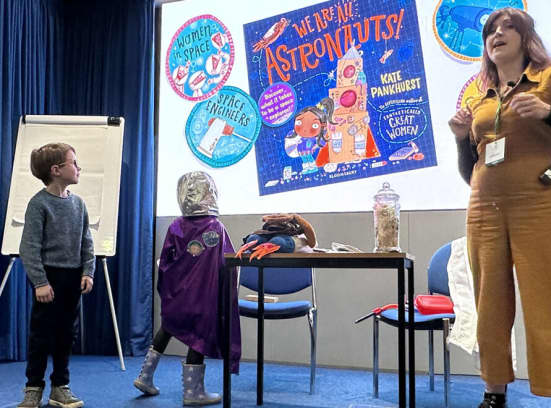What if I told you that a 16 year old girl with a broken leg was kept in a prison cell because there were no beds in the hospital… Sound ridiculous? Feel shocked? Even horrified? Now what if I told you that this story is true except for one fact – she didn’t have a broken leg, but a problem with her brain. This is the all too common plight of hundreds of people with mental health issues across the UK every year. In fact, in Devon (where the girl was detained) police report that they need to provide beds for more than 750 people because there is no space in appropriate places for them to go in the NHS. The police are clearly doing what they can, and the NHS is making progress, albeit slow, to improve mental health provision. But the issue at the core of this problem is the perception of mental illness as something less important than physical illness. This is a social issue that science may help us to address.
The taboo around mental health is deep rooted in our history. Medicine has handled disease, dysfunction and disorder of the brain with everything from fresh air to torture. Historically, medicine has tried to tackle all manner of disease with these approaches, yet in most areas we have developed both effective treatments and a level of sympathy and support for patients. Why has mental health care remained so far behind? Perhaps it’s because mental health issues affect behaviour, making us question what ‘normal’ behaviour really is; or maybe, because it is often so hard to find a diagnosis, people question whether the condition really exists – like the person has a choice. Whatever the perception, it seems we still don’t understand mental illnesses well.
One thing science makes clear is that mental health is not in ‘the mind’. The delicate interplay between hormones, neurotransmitters and nerve development define mental illness as a physical condition, albeit one that is entangled with concepts of consciousness, thought and in some cases, spirituality.
Dopamine, oestrogen, testosterone and oxytocin help our brain to form and to function. One study found that the amount of the neurotransmitter serotonin in the developing foetus determined whether nerves moved to their correct location in the brain. The regulation of serotonin at this very early developmental stage was linked to the likelihood of depression as an adult. Another study on 160 teenagers over 4 years showed that those who hit puberty earlier were more likely to develop depression and anxiety.
We need to work hard as a society to get to the point where we are all just as comfortable telling people that our mother/father/son/daughter/husband/wife has a mental illness as we are them having a broken leg. Then we may find that medicine starts to make better progress helping people who are, so often, left alone, unsupported or criminalised.









